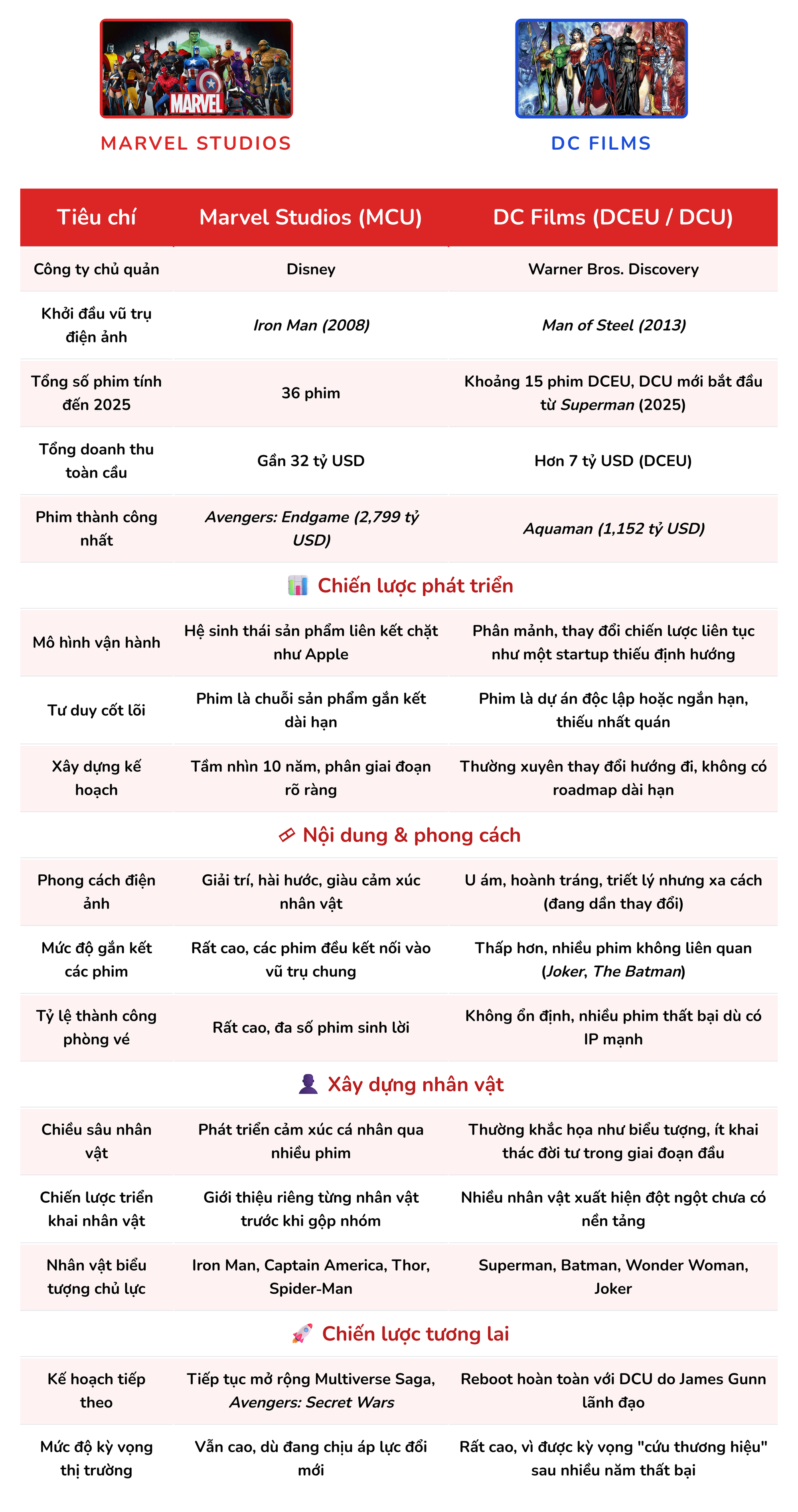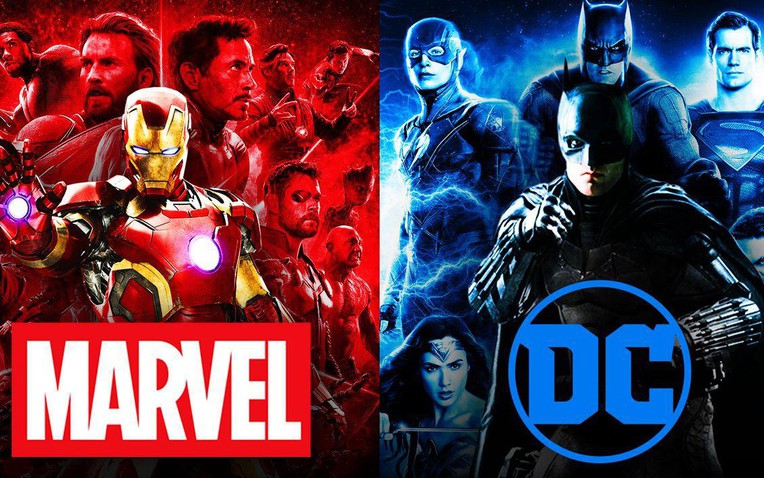
Marvel Studios and DC Films are two of the most prominent names in the film industry, often compared and contrasted. One operates like a well-oiled machine akin to Apple, while the other resembles a promising startup that is struggling with a lack of clear strategy.
The superhero genre is not just entertainment; it is a case study in product management, ecosystem development, and global brand strategy.
Marvel: From a struggling film studio to the Apple of the entertainment industry
In 2008, Marvel Studios released Iron Man, the first film in a sprawling cinematic universe. At that time, there was no Superman, no Batman, and certainly no large budget. What Marvel had was a valuable asset: a sustainable product ecosystem.
Instead of creating standalone films, Marvel built a cohesive narrative where each movie served as a logical piece in a larger product chain. Much like how Apple doesn’t just sell individual iPhones, but rather a seamless ecosystem that enhances user experience from one product to the next.
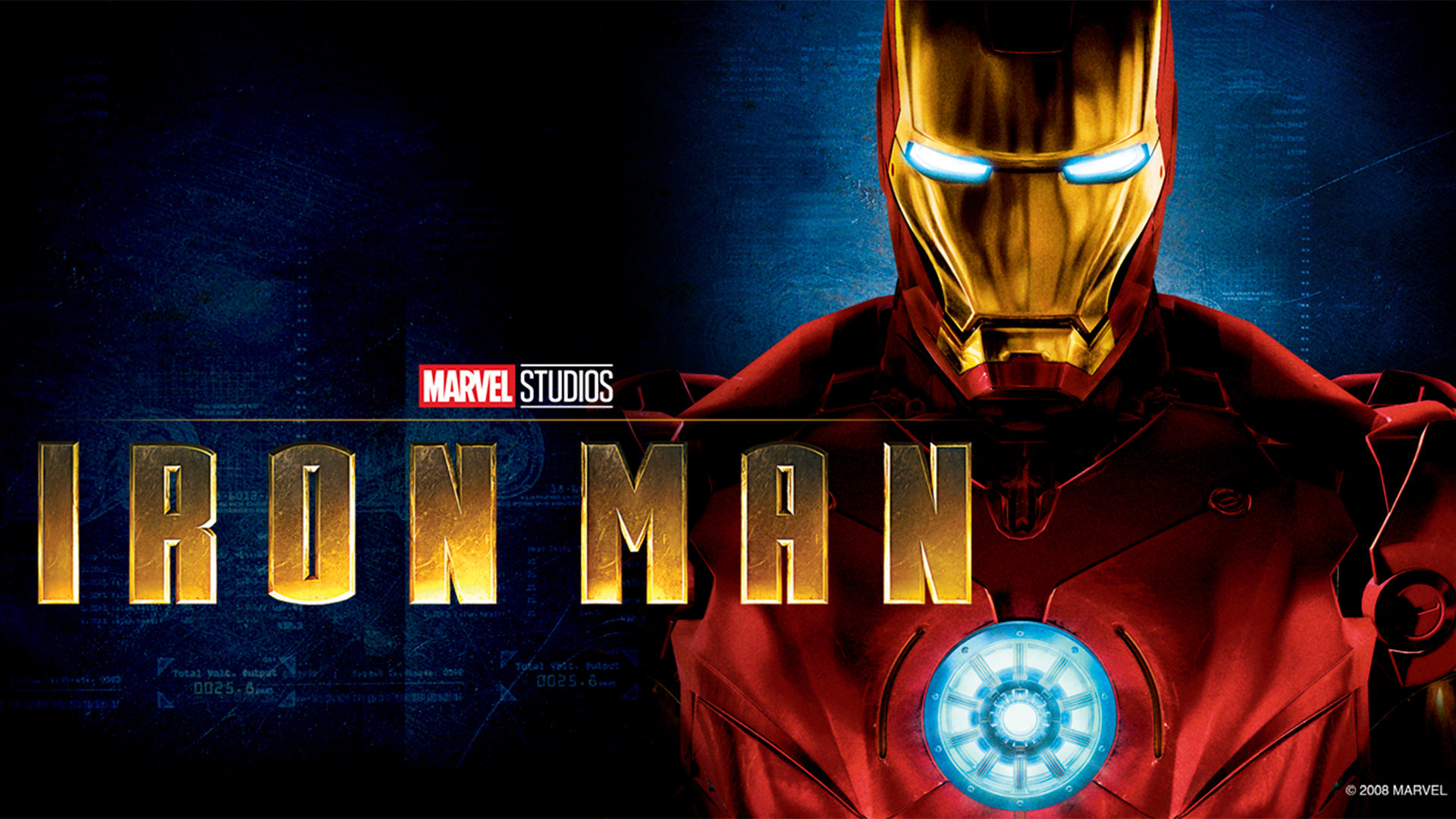
Every character in the Marvel Cinematic Universe (MCU) has a clearly defined development arc. Viewers engage emotionally, forming a bond akin to loyal customers of a well-established brand. Marvel doesn’t need to heavily advertise each film; the interconnectedness of its narratives keeps audiences coming back for more.
As a result, Marvel has generated approximately $32 billion in global revenue from 36 films, making it the most successful film franchise in history, with hundreds of billions in profit from merchandise, games, theme parks, and the Disney Plus streaming service.
DC Films: Possessing a legendary IP but operating like a fledgling startup
DC boasts iconic characters like Superman, Batman, Wonder Woman, and the Joker, yet it lacks the crucial element of a coherent operational strategy.

DC Films launched its Extended Universe (DCEU) with Man of Steel in 2013, but quickly began cramming numerous characters into Batman v Superman and Justice League without establishing a solid narrative foundation. Audiences were left feeling overwhelmed and emotionally disconnected.
As a result, the DCEU has amassed over $7 billion in revenue over more than a decade, a fraction of the MCU’s earnings, despite utilizing some of the most powerful IPs in the industry.
Unlike Marvel, DC develops superheroes that are grand and larger-than-life. While Marvel allows viewers to see Iron Man’s vulnerabilities, Captain America’s struggles, and Thor’s failures, DC characters often feel distant and untouchable.
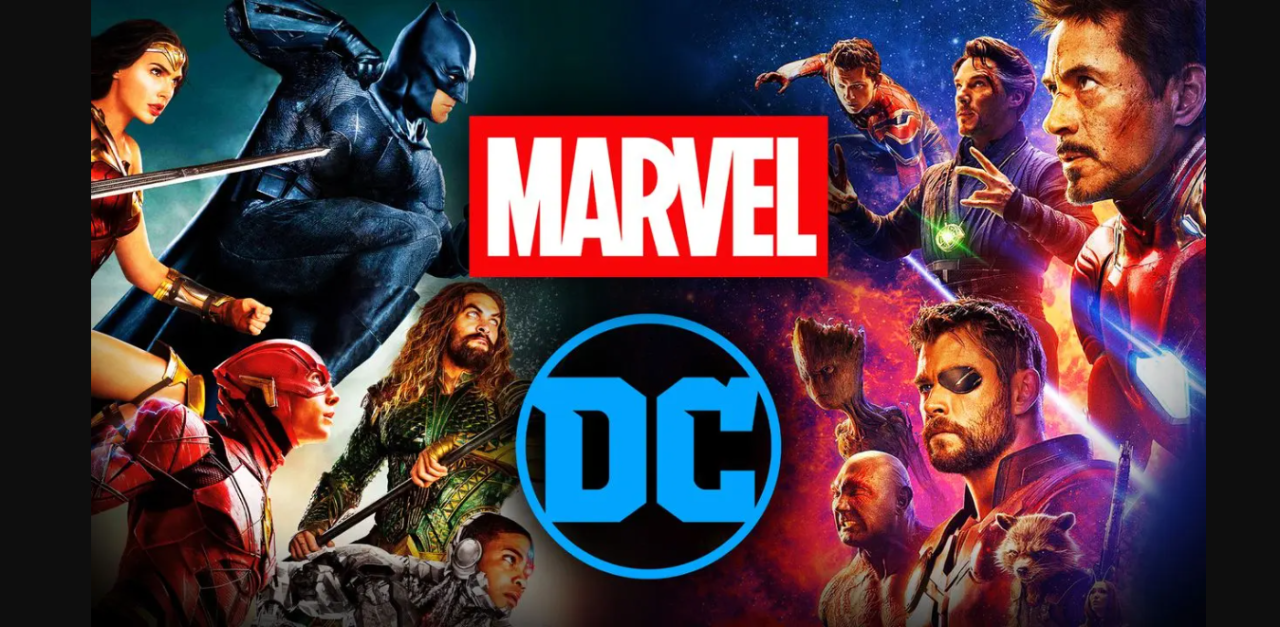
Marvel vs. DC: Two strategies, two approaches to success
Marvel focuses on investing in technology: crafting compelling stories, developing character arcs, and strategically enhancing revenue through each phase. The culmination of their meticulous planning is evident in their box office success (Avengers: Endgame grossed $2.799 billion).
DC, on the other hand, resembles a startup with great ideas and strong talent but lacks coherent leadership and a clear roadmap. They place trust in their directors but fail to control the narrative flow, leading to inconsistent products and diminishing consumer trust.
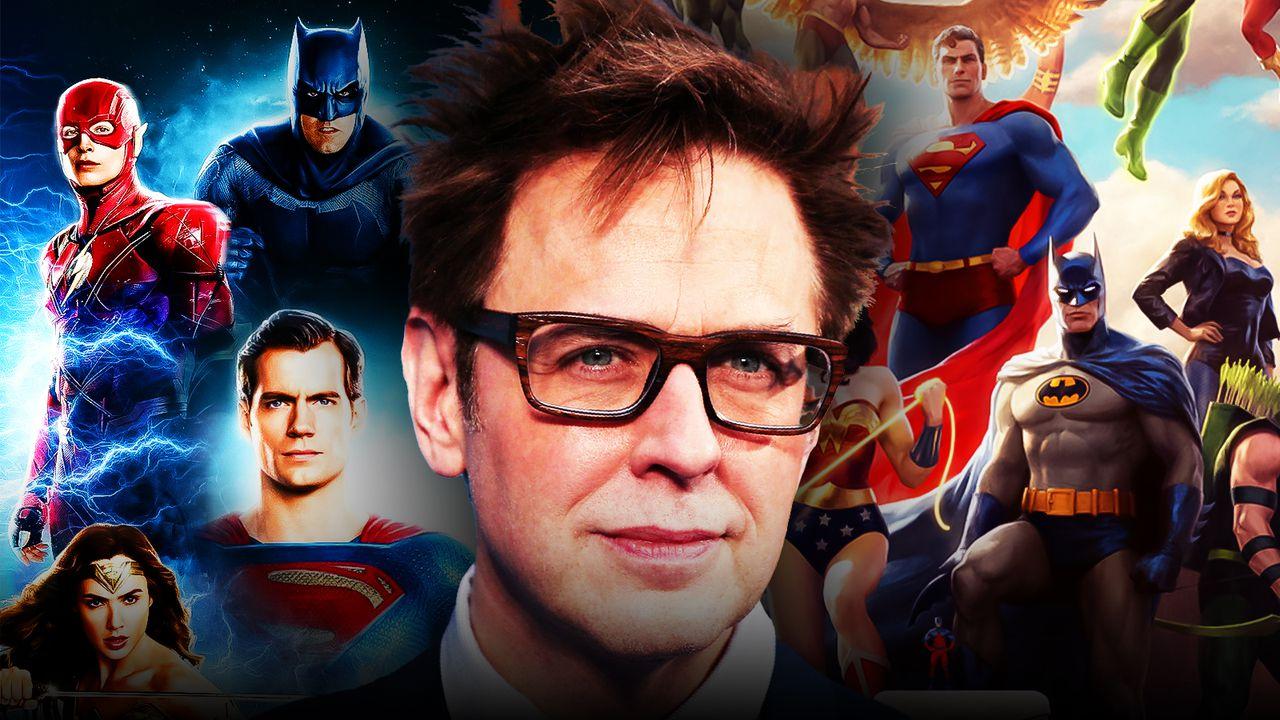
Rebooting the DC Universe: A last-ditch effort or a new beginning?
James Gunn, who previously directed the successful Guardians of the Galaxy for Marvel, has been tasked with restructuring the DC Universe starting in 2025. Gunn promises a more interconnected DCU, focusing on character development from their humble beginnings to becoming heroes.
This could be a last-ditch effort for Warner Bros. to recover from years of mismanagement of their brand. However, it may also signal the end of the line if audiences continue to disengage from the characters and narratives presented.
The superhero battle is a lesson in strategy, not just a cinematic experience
Marvel and DC are not simply competing for content. They represent two opposing philosophies: sustainable ecosystem management versus short-term growth that lacks a foundational strategy.
Marvel thrives not only because of its strong characters but also because it has turned cinematic storytelling into a cohesive product ecosystem. If DC wishes to thrive, it must transform into a technology-driven enterprise, not just a film studio relying on its vast intellectual properties.
Ultimately, in a landscape where content is king, those who can control audience emotions will emerge victorious in the long term.
